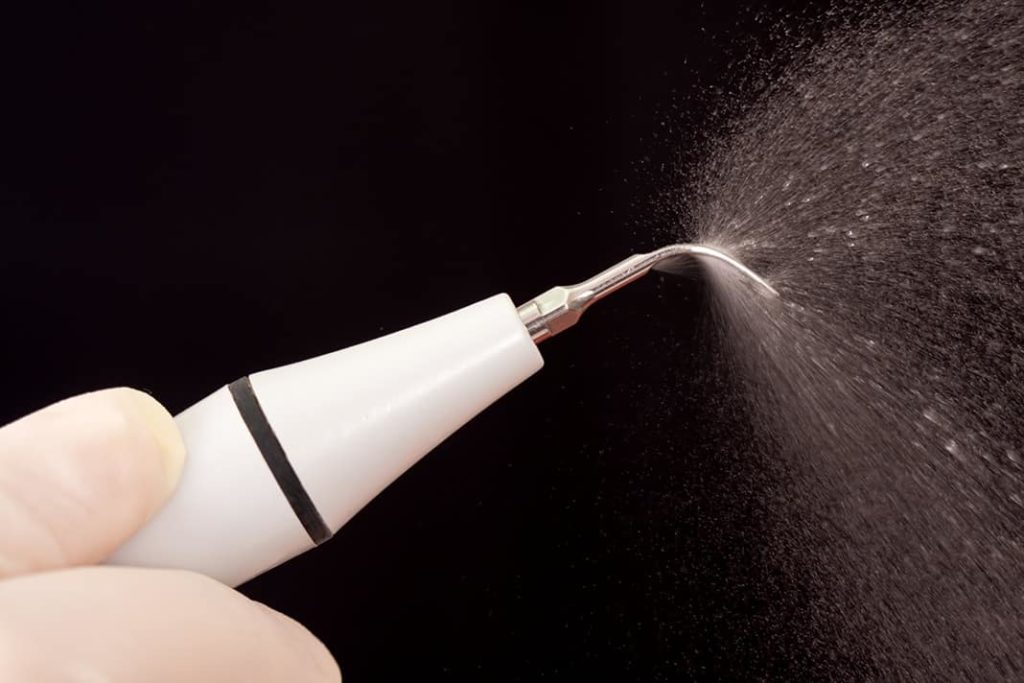A brighter smile can help your self-confidence.
Over time, our teeth tend to darken from age and are stained by everything from wine to coffee, tea, tobacco, and other food and beverages. Burns Dental Care can enhance your smile and whiten your teeth by several shades using our advanced teeth whitening treatments.
We believe the best option for our patients is our custom, take-home teeth whitening system. Our system starts with a 20 minute appointment to take an impression of your teeth and make your custom trays. These trays will be made to fit your teeth perfectly. After we have made the trays, you will come back again for a 10 minute appointment to get your whitening gel and take-home instructions.
At home, the whitening gel is then placed into the trays and applied to your teeth. The trays are worn between 30-120 minutes at a time, depending on your sensitivity and the strength of the whitening gel. We do not recommend wearing your trays more than 30-60 minutes if you are prone to sensitivity. It has been our experience that one hour is the most productive length of time.
Professional Whitening Treatments
The highest level GLO whitening products and services, available exclusively through GLO partner dental practices who are committed to providing their patients with the latest innovation in teeth whitening technology for an effective, enjoyable, and pain-free whitening experience.




